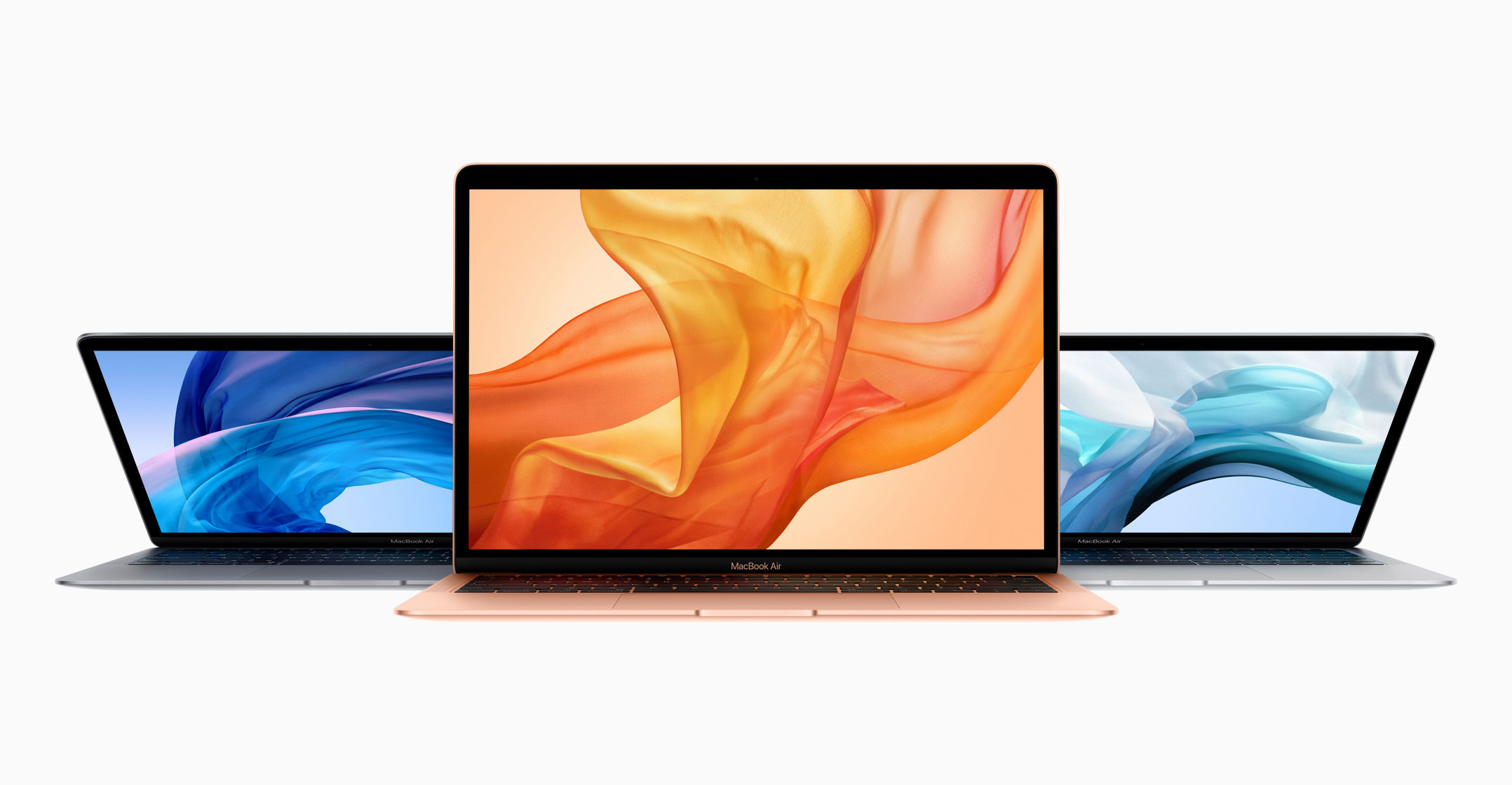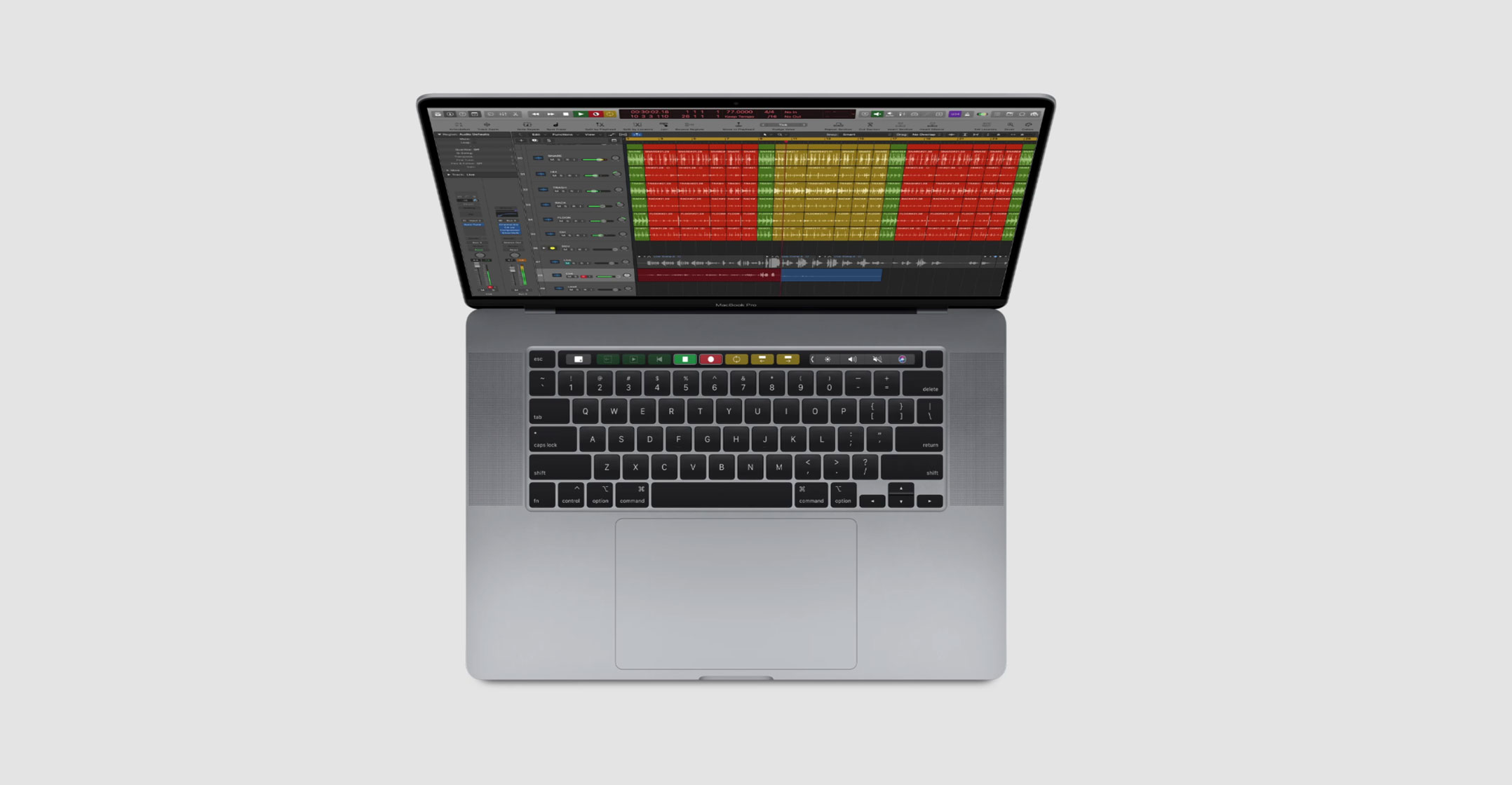 Apple on Tuesday is expected to unveil new Mac computers using its own in-house processor chips, a move that could reignite a race to control the market for desktop and laptop chips and benefit players such as Qualcomm.
Apple on Tuesday is expected to unveil new Mac computers using its own in-house processor chips, a move that could reignite a race to control the market for desktop and laptop chips and benefit players such as Qualcomm.
The market has been dominated by Intel and AMD since 2006, when Apple joined most other major computer makers in using chips based on Intel’s x86 computing architecture.
On Tuesday, Apple is expected to start a two-year process of ending its nearly 15-year relationship with Intel by introducing Mac computers with Apple-designed chips based on computing architecture technology from ARM, which Nvidia has agreed to buy from SoftBank Group in a US$40-billion deal.
Apple will design the chips using ARM technology and have them manufactured by a partner, most likely Taiwan Semiconductor Manufacturing Co, which makes processors for Apple’s iPhone. UK-based ARM’s technology also powers most Android phones.
Apple’s forthcoming machines already have competition from Qualcomm, which since 2016 has worked with Microsoft to adapt the Windows operating system to Qualcomm’s ARM-based processors.
Qualcomm and Microsoft have worked with PC makers such as Lenovo and Asustek Computer to sell laptops using the new chips, and Microsoft’s own Surface Pro X released last year uses a Qualcomm processor.
‘Headstrong’
Those devices are niche sellers today, but Apple’s entry into the market is likely to grab consumer attention around the emerging technology shift, especially if Apple begins to develop chips that rival Intel’s performance.
“Apple diving headstrong into Arm will speed this up,” said Patrick Moorhead, founder of Moor Insights & Strategy.
ARM-based PCs have key differences from Intel-based machines. Because the chips are derived from smartphones where power consumption is a key concern, they tend to claim better battery life than conventional machines. Like smartphones, they also turn on quickly and can remain constantly connected to cellular data networks.
“Where the connectivity has shined is the work-from-home situation,” said Miguel Nunes, senior director for product management at Qualcomm. “We see a lot of people realising that their WiFi at home can’t keep up with everything.”
 But hurdles remain for ARM-based PCs. Most software written in the past 20 years was for Intel machines, and until it is rewritten, it may have to rely on emulation that could slow down apps.
But hurdles remain for ARM-based PCs. Most software written in the past 20 years was for Intel machines, and until it is rewritten, it may have to rely on emulation that could slow down apps.
Intel’s chip line-up “enables people to use their favourite Windows applications without experiencing the potential performance penalties associated with running non-native apps on non-x86 architecture via Windows, or worry if their favourite applications will run on their platform,” Intel said in a statement.
Ben Bajarin, principal analyst for consumer market intelligence at Creative Strategies, said the critical test for ARM-based computers will be whether developers rewrite software used by big businesses, which are still the largest purchasers of machines. Apple’s entry to the market does not guarantee that will happen.
“Most of Apple’s hardcore developer base is going to be using Apple’s proprietary developer tools,” he said. But with Microsoft also providing development tools for Windows on ARM, a broader shift “is not outside the realm of possibility”. — Reported by Stephen Nellis, (c) 2020 Reuters

